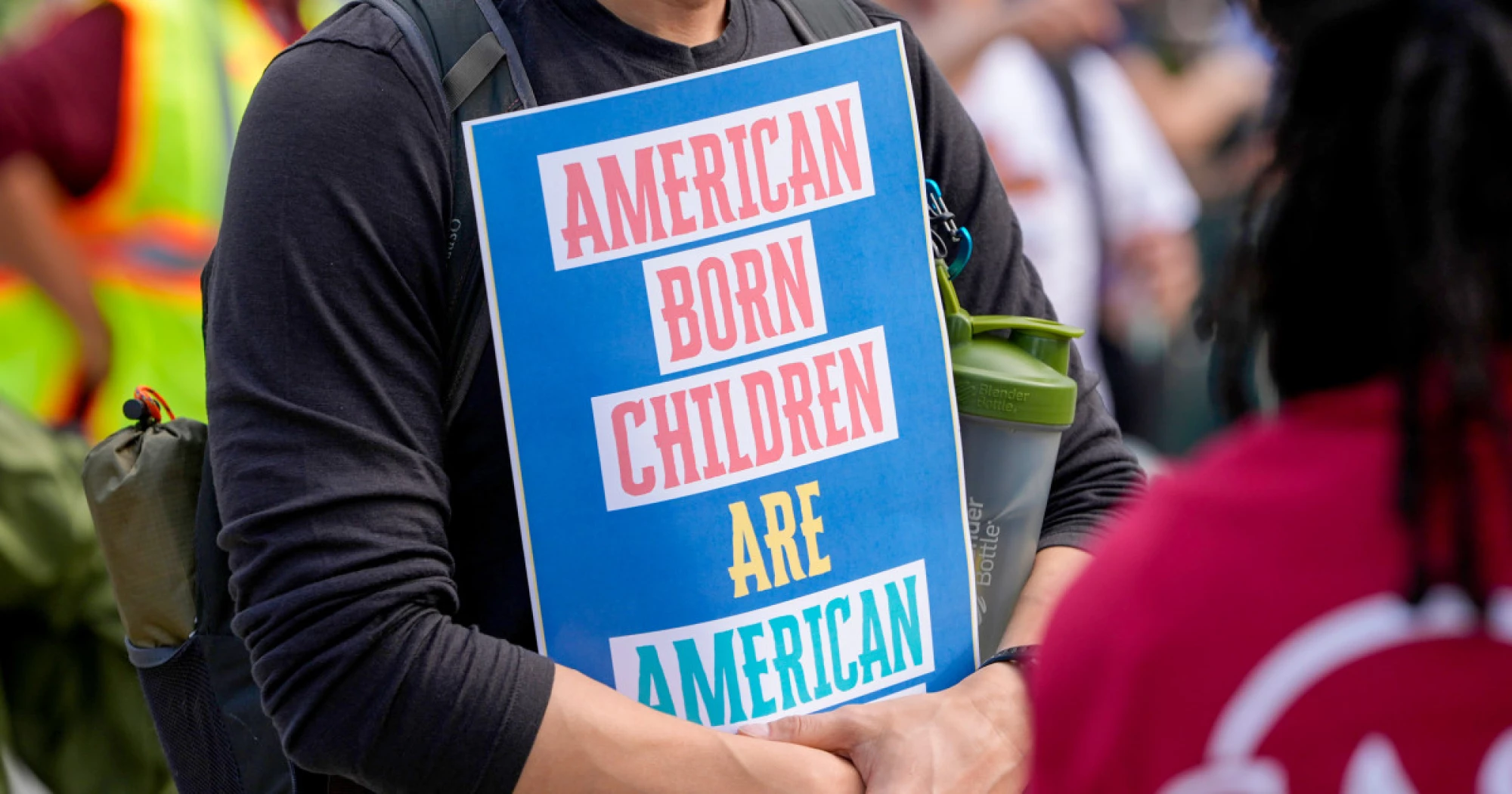How latest block of Trump's birthright citizenship order tests legal landscape after Supreme Court ruling on injunctions

Legal advocates fighting the president's order to restrict citizenship from babies born to certain immigrants are turning to class action lawsuits to stop his policy.
A federal judge’s decision to temporarily prevent the Trump administration from stripping birthright citizenship for some babies born in the U.S. is an early test of the legal landscape, after the Supreme Court greatly restricted the ability of judges to issue nationwide blocks of presidential policies.
On Thursday morning, in New Hampshire, U.S. District Judge Joseph Laplante granted class action status to a lawsuit that seeks to protect babies who would be denied birthright citizenship, and granted a temporary block of President Donald Trump’s order from going into effect throughout the country.
The decision brought hope to pregnant women and groups who were dealt a blow two weeks ago when the Supreme Court largely restricted the ability of federal judges to use one of the strongest tools at their disposal — the use of nationwide injunctions to prevent federal policies from going into effect.
The Supreme Court decision would have allowed Trump’s executive order to go into effect on July 27 in parts of the U.S.
In the aftermath, immigrants and their attorneys pivoted to seeking class action status for immigrant babies and parents in hopes of finding another way to stop the president.
Rating: 5